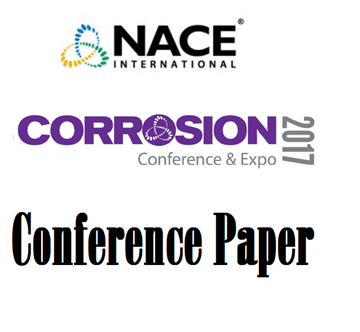Search
99588 WET H2S PERFORMANCE OF AS DELIVERED AND QUENCHED MODIFIED MARTENSITIC STAINLESS STEELS DETERMINED BY SSRT
Also Purchased
99584 EFFECT OF HYDROGEN SULFIDE PARTIAL PRESSURE, PH, AND CHLORIDE CONTENT ON THE SSC RESISTANCE OF MARTENSITIC STAINLESS STEELS AND MARTENSITIC PRECIPITATION HARDENING STAINLESS STEELS
Product Number:
51300-99584-SG
ISBN:
99584 1999 CP
$20.00
51317--9645-Sulfide Stress Cracking (SSC) Resistance of AISI 420 Modified (13Cr) Martensitic Stainless Steel Bar
Product Number:
51317--9645-SG
ISBN:
9645 2017 CP
Publication Date:
2017
$20.00
97061 SLOW STRAIN RATE TESTING OF CORROSION RESISTANT ALLOYS IN HIGH TEMPERATURE H2S ENVIRONMENTS
Product Number:
51300-97061-SG
ISBN:
97061 1997 CP
$20.00




